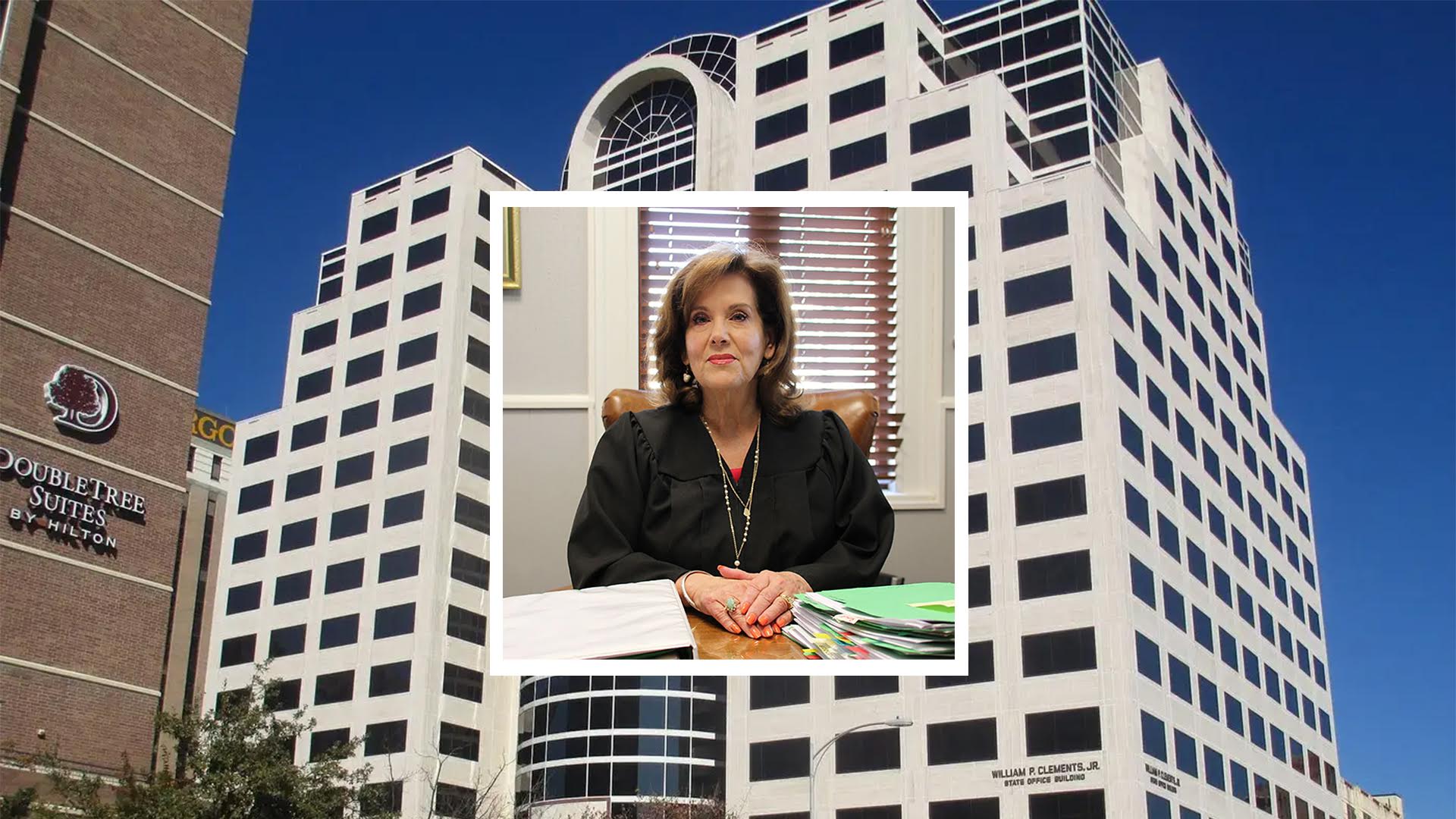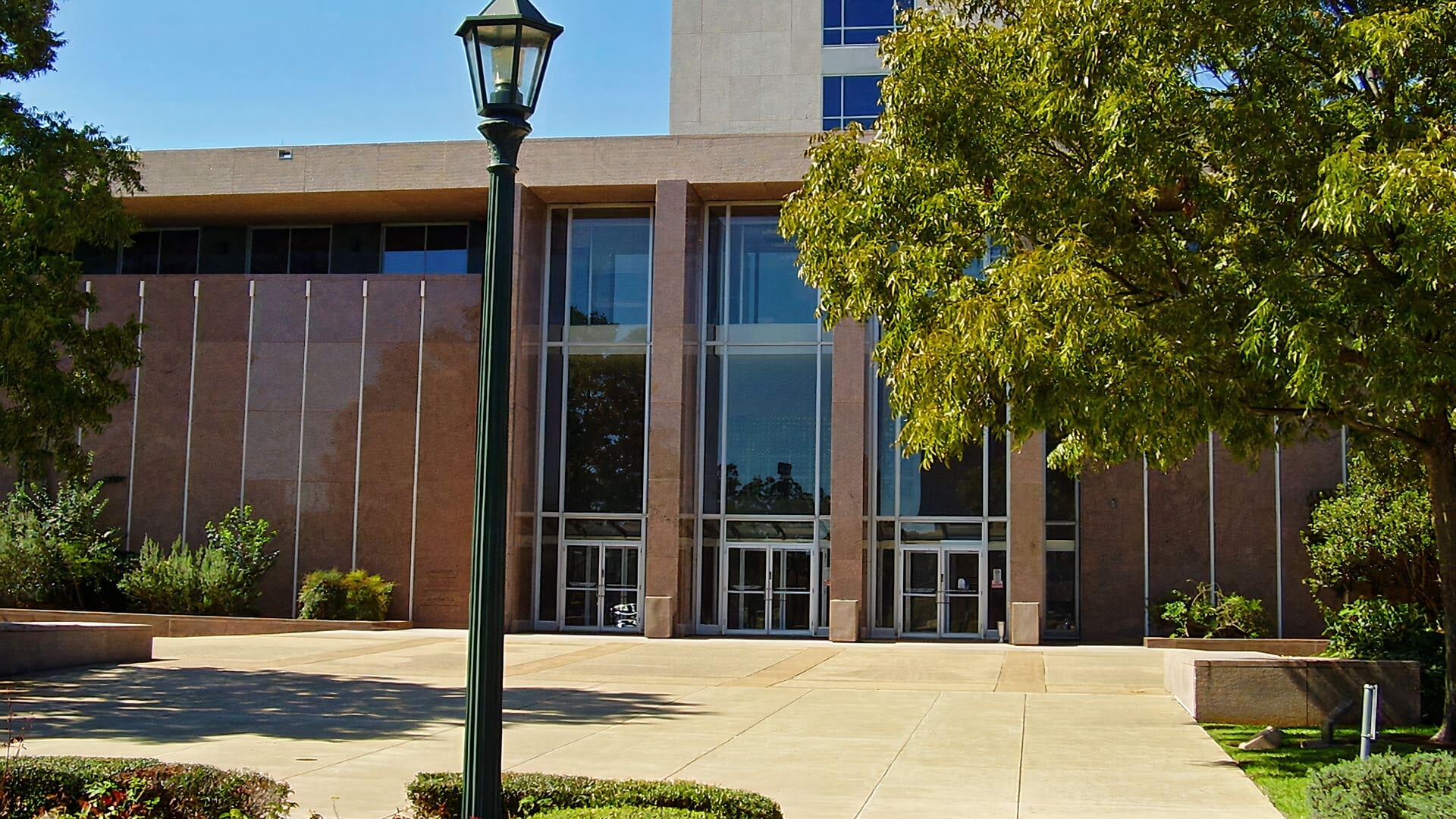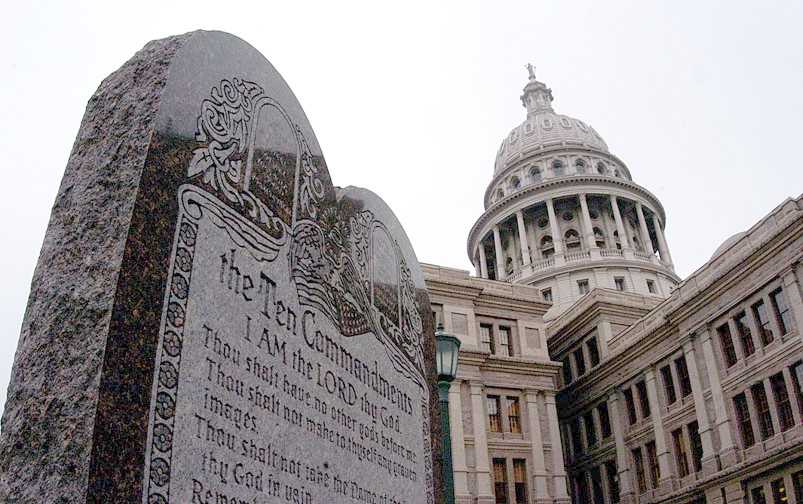Both the Supreme Court of Texas and lower-level courts are considering whether Texas judges can refuse to officiate same-sex weddings.
After she refused to officiate a same-sex wedding, the State Commission on Judicial Conduct issued McLennan County Justice of the Peace Dianne Hensley a “Public Warning” in November 2019. Hensley sued the commission, which is responsible for investigating allegations of judicial misconduct, citing her religious objections to performing the weddings.
The U.S. Supreme Court’s Obergefell decision in 2015 invalidated state bans on same-sex marriage. As a result, reports First Liberty, all judges and justices of the peace in Waco quit officiating weddings altogether due to their religious beliefs.
Because Hensley’s office was located across the street from McLennan County Clerk’s office, where marriage licenses are obtained, “some couples called Judge Hensley’s office literally in tears because they could not find an officiant who met their needs.”
Therefore, Hensley resumed officiating weddings for heterosexual couples and referred same-sex couples to a minister who offered them a discount.
The commission’s public warning claimed that by doing this, Hensley had violated the Texas Code of Judicial Conduct, specifically, Canon 4A(l). That section states, “A judge shall conduct all of the judge’s extrajudicial activities so that they do not cast reasonable doubt on the judge’s capacity to act impartially as a judge.”
Hensley’s lawsuit claims the commission’s interpretation of Canon 4A(1) is incorrect and violates her rights under the Texas Religious Freedom Restoration Act. That state law declares, “a government agency may not substantially burden a person’s free exercise of religion.”
Hensley v. State Commission on Judicial Conduct was elevated to the Texas Supreme Court by Hensley in December 2022 to determine whether the lawsuit was moot or void, since she immediately sued without first appealing the public warning through the legal means available to her.
Had she instead appealed the commission’s warning, the Chief Justice of the Supreme Court of Texas would have appointed three appellate justices to act as a Special Court of Review (SCR). Hensley would not have been entitled to a jury, and the SCR’s decision would have been final.
The Texas Supreme Court ruled in October 2023 that the lawsuit was acceptable because, even if the appeal were successful in removing the public warning, this is not what Hensley seeks in the lawsuit. Rather, the Court found, she is seeking to protect her religious liberties by ensuring the commission will not issue similar sanctions in the future.
The case was sent down to the Third Court of Appeals to decide the remaining matters.
In response to the decision, the commission removed its public warning against Hensley. The commissioners, none of whom held the position when the warning was issued, reviewed the facts and decided the warning was not warranted.
That doesn’t mean this won’t be an issue again.
Federal Lawsuit
A similar Texas case is working its way through the federal courts. Jack County Judge Brian Umphress is challenging the commission’s application of Canon 4A(1) against Hensley, contending it is unconstitutional. However, unlike Hensley, he’s taken his case to federal court, specifically the U.S. Fifth Circuit Court of Appeals.
The court has already found that the commission’s prior actions against Hensley gave Umphress standing. In other words, there is sufficient evidence of an imminent threat that the commission will discipline him should he act similarly.
However, it has not been established in Texas law that judges violate Canon 4A(1) by publicly refusing to perform same-sex weddings on moral or religious grounds while continuing to officiate at traditional marriages.
Until this is settled, the federal court said it cannot decide whether Canon 4A(1) is unconstitutional.
Because the public warning has been removed, the federal court predicts the Hensley case is unlikely to yield an answer to this crucial question. The court therefore sent a “Certified Question” to the Texas Supreme Court on April 4, in which the federal court is asking the state justices to provide a definitive answer on an unsettled issue of state law.
At the time of publication, the Texas Supreme Court has not yet accepted or declined the certified question.
Hensley’s Appeal
Once the federal district court found Umphress to have standing, Hensley decided to continue pursuing her lawsuit despite the public warning’s removal by the judicial conduct commission. Oral arguments were heard in the Austin-based Third Court of Appeals on April 23.
Jonathan Mitchell, former Solicitor General for Texas, is representing both Hensley and Umphress in their respective cases.
During oral arguments, Mitchell petitioned the court to not only rule on standing but also to decide Canon 4A(1). He argues that although the losing side will likely appeal to the Texas Supreme Court, a decision will help inform the justices’ ruling and speed up the litigation process.
Presiding Justice Chari Kelly asked Mitchell if they should wait for the pending certified question from the Umphress case to be answered in the Texas Supreme Court before considering Canon 4A(1).
“There’s no guarantee that the [Texas] Supreme Court will rule on it… I recommend the [appeals] court not wait,” said Mitchell.
The Third Court of Appeals decided on May 30 that Hensley’s main claim under the Texas Religious Freedom Restoration Act may proceed. Hensley can seek damages, a court order preventing future similar actions by the commission, and other relief under this law. The interpretation of Canon 4A(1) is being deferred to the trial court.
Whether the issue is resolved by Umphress’ certified question or by Hensley’s case, both cases are putting pressure on the courts to make a decision.
“At this point, we do not know how the Supreme Court will rule,” Douglas Lang, the commission’s legal counsel, told Texas Scorecard. “Of course, the Commission is subject to the law as ruled upon by our highest court.”
Currently, the State Commission on Judicial Conduct is a 13-member, unpaid body that serves six-year terms. Six judges are appointed by the Texas Supreme Court; two attorneys––who are not judges––are appointed by the State Bar of Texas; and five citizen members––who are neither attorneys nor judges––are appointed by the governor.
All commissioners are confirmed by the Texas Senate.
But reform is in the air, in the proposed constitutional amendment, Senate Joint Resolution 27.
Jeramy Kitchen of Texas Policy Research stated that the proposal “would reform the membership of the State Commission on Judicial Conduct and change how judicial discipline is handled, with the goal of increasing transparency and accountability.”
The proposed amendment cleared both chambers of the state legislature. Texas voters will decide whether or not to adopt it in the November 2025 election.
Hensley, Umphress, Mitchell, and the Texas Supreme Court did not respond to Texas Scorecard’s request for comment in time for publication.
If you or anyone you know has information regarding bad actions by the State Commission on Judicial Conduct, please contact our tip line: scorecardtips@protonmail.com.
No ads. No paywalls. No government grants. No corporate masters.
Just real news for real Texans.
Support Texas Scorecard to keep it that way!





